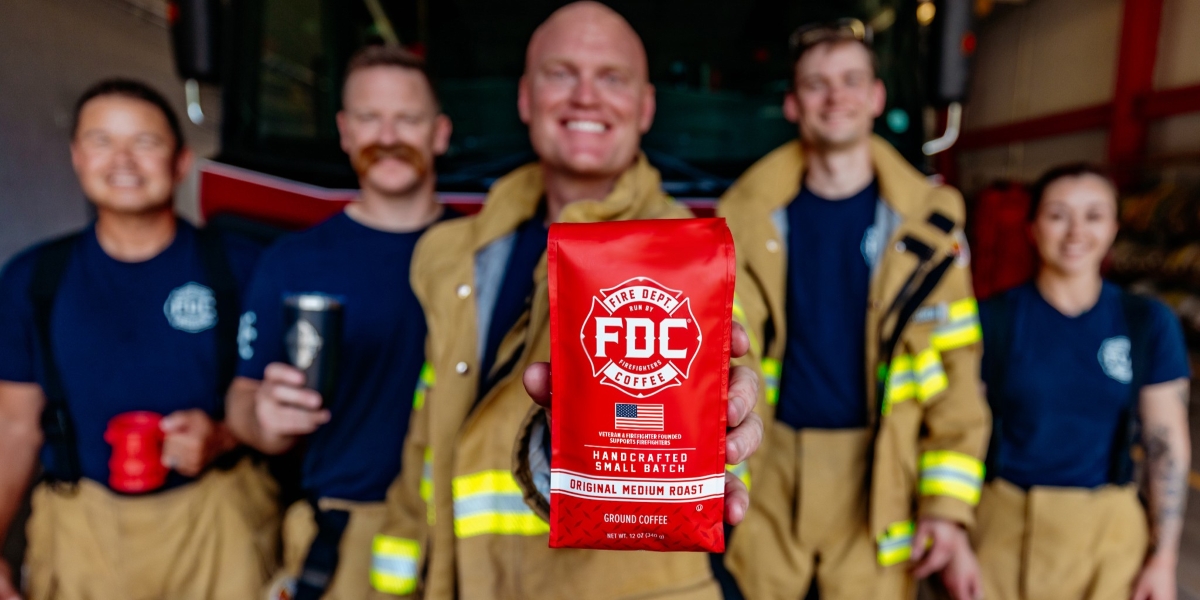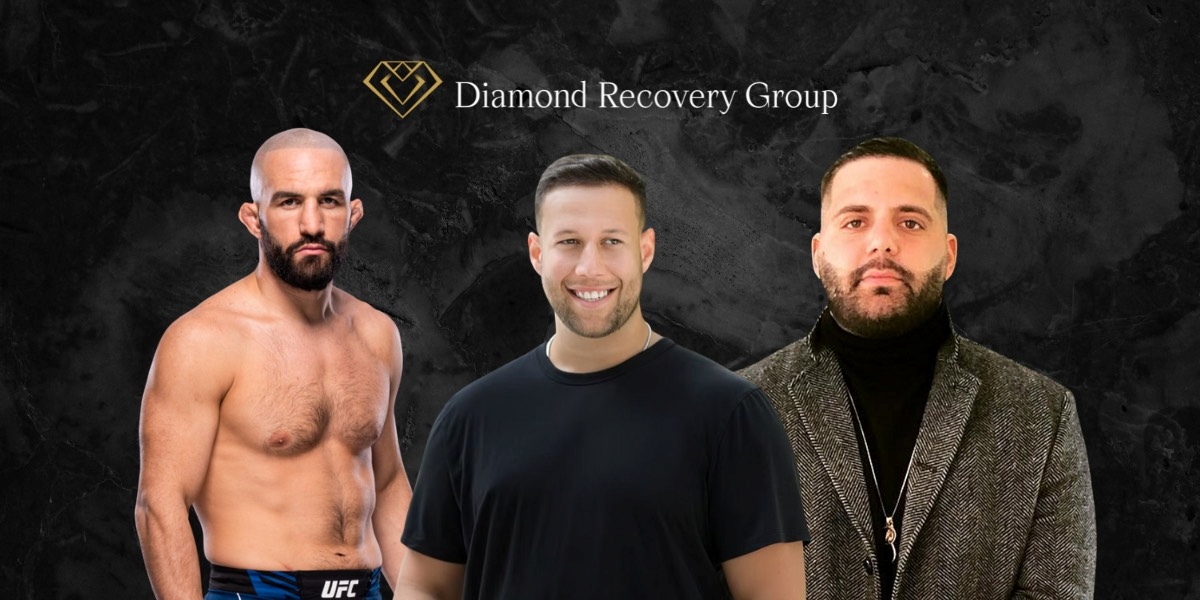By: Alisa Gordon
Q: Melissa, let’s start at the beginning. How did your entrepreneurial journey begin?
A: My journey began in 2011 when I launched my first insurance agency. I started with a small team, including some offshore help from overseas. Hiring early—both locally and abroad—helped me scale more effectively. We were selling medical and dental insurance and had grown to about 14 or 15 employees across two offices within the first year. While this growth felt rapid, it also showed me the importance of building a solid foundation.
Q: That’s incredible growth in such a short time. What changed?
A: Around 2014, the Affordable Care Act (ACA) rolled out, and insurance companies started reducing agent commissions. This shift impacted our agency significantly. The model we had built became less viable, so I had to make a tough decision and adjust the business strategy. It was a humbling experience, but it also pushed me to reassess and pivot.
Q: So what inspired your transition into Medicare?
A: My grandmother. Watching her struggle to understand her Medicare options was difficult, and that experience really resonated with me. I wanted to ensure that no one’s loved one had to go through that kind of confusion. In 2017, I made the decision to focus on Medicare Advantage plans, which ultimately proved to be a turning point for the business.
Q: How did the pandemic affect your business?
A: The pandemic was definitely a challenge. The same day I opened a new office and hired my first full-time agent, the COVID-19 lockdown began. Personally, I was nervous, but I gave my employees a choice: they could go home and collect unemployment, or we could continue working. Everyone decided to stay. With in-person meetings no longer an option, we shifted to working remotely and used phone consultations. This transition led me to create television commercials to generate leads. Interestingly, this shift contributed significantly to our growth. Between March and December of 2020, we expanded from 2 employees to 7. We embraced virtual consultations, digital enrollments, and remote operations. While the shift was challenging, it helped us adapt and marked the beginning of a period of growth that also led to greater recognition in my local area.
Q: What was your approach to scaling during that time?
A: I focused on streamlining systems and ensuring we delivered consistent service. I didn’t aim to grow for growth’s sake, but rather to build something that was sustainable and efficient. By early 2023, we had over 1,000 clients with a team of five. I believe in scaling smart—keeping the team lean, optimizing processes, and maintaining a strong focus on the client experience.

Q: And then you decided to sell. How did you know it was the right time?
A: Honestly, it just felt like the right time. I had built a business that wasn’t reliant solely on my day-to-day involvement. We had recurring revenue, loyal clients, and systems in place that allowed the business to run smoothly. I recognized the potential value and knew it was a good time to capitalize on it. Many people think selling means giving up—but for me, it felt like a strategic evolution. I did walk away with a significant financial reward, but the more important takeaway was that I left with a sense of peace and fulfillment.
Q: What made your business so attractive to a buyer?
A: There were several factors. We had a clean book of business, high retention rates, and a model that could be scaled further. But beyond that, I had built a brand that clients trusted. That’s important. Buyers aren’t just acquiring a client list—they’re also purchasing your systems, your reputation, and your ability to deliver on your promises consistently.
Q: You mentioned hiring offshore workers early on. How did that impact your growth?
A: It was a significant factor. Outsourcing allowed me to scale while keeping overhead costs relatively low. I had staff handling outbound calls, managing client onboarding, and conducting follow-ups—all remotely. That decision allowed me to free up more time and resources for business development and client strategy.
Q: There’s often stigma around women selling their businesses. Did you experience any of that?
A: Absolutely. There’s still this outdated notion that women should hold onto their businesses indefinitely, or that selling somehow signals a lack of seriousness. But I firmly believe that knowing when to step away is part of smart business strategy. Selling doesn’t erase the impact you’ve made—it can actually amplify it. By sharing my story, I hope to show others that selling is not the end of the road, but rather part of a natural progression in one’s entrepreneurial journey.
Q: Were there any challenges in the sale process itself?
A: Yes, there were a few challenges. I had to navigate the fine print, and the process took longer than expected due to some legal complexities. It was a reminder of the importance of having excellent legal counsel, reviewing documents carefully, and asking questions when something doesn’t seem clear. The sale of a business should never feel rushed or murky, so it’s important to be vigilant throughout the process.
Q: Let’s talk about your personal brand. How did that contribute to your success?
A: My background in acting and hosting certainly helped. I wasn’t afraid to speak in front of people, teach, or get on camera. That allowed me to build trust—not just with clients, but also with partners and media outlets. Having a strong personal brand built my credibility and made the business more attractive when it came time to sell.
Q: What advice do you have for women who want to build a sellable business?
A: Start with the end in mind. Document your systems. Streamline your processes. Build a brand that stands on its own. And be open to pivoting when the market shifts. It’s also important to realize that selling doesn’t mean you’re giving up—it means you’re evolving. We often don’t talk about that enough, especially among women entrepreneurs.
Q: Looking back, what are you most proud of?
A: I’m proud of having helped thousands of seniors navigate a confusing and often overwhelming healthcare system. I’m proud that I built something meaningful, scalable, and valuable. But most of all, I’m proud that I consistently bet on myself—even when the future was uncertain. And I want other women to know that they can do the same. And I’m not done. I continue to work with seniors in the Medicare Advantage space. So the journey continues.
Published by Jeremy S.









